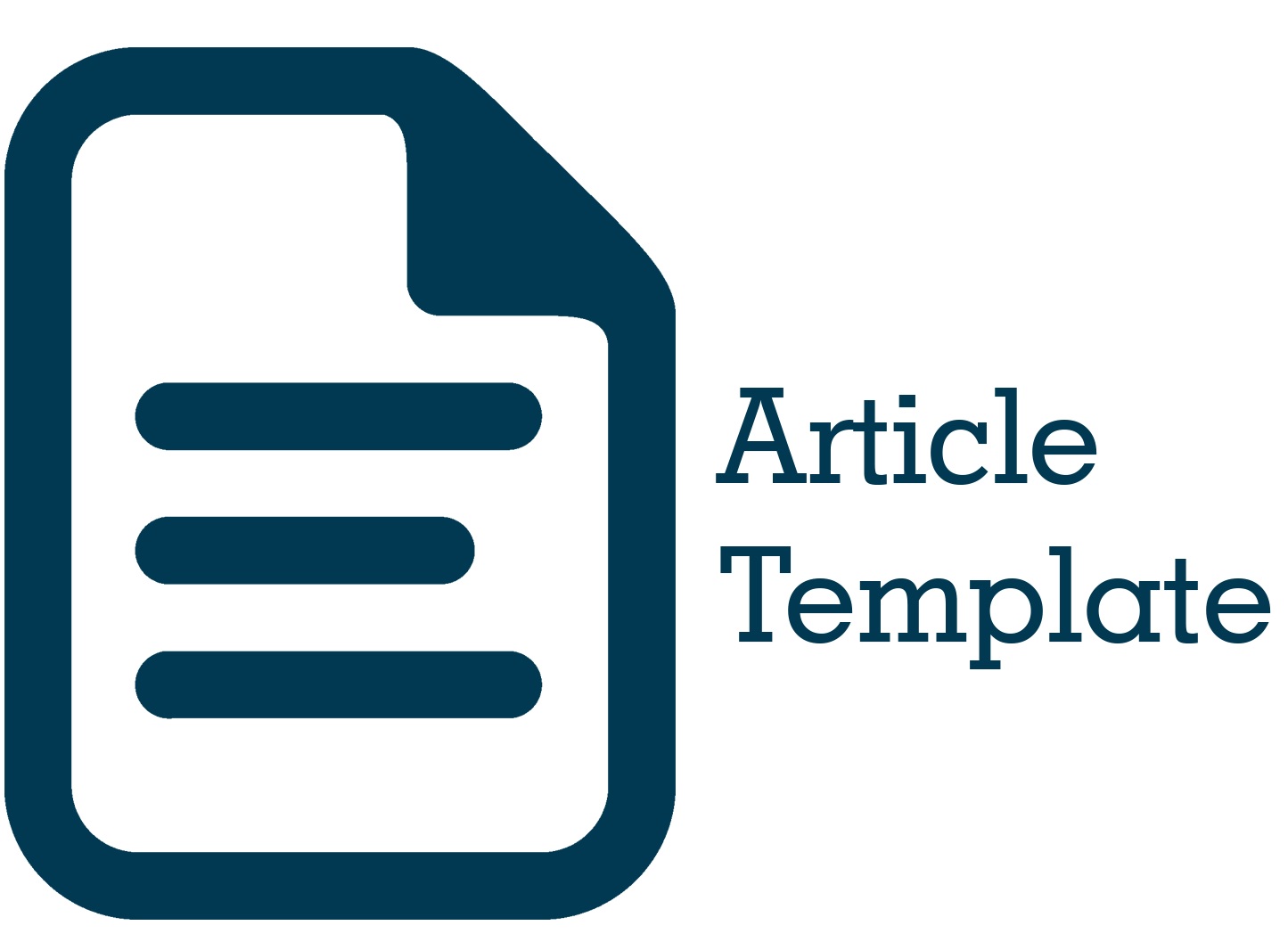Mental Accounting Versus the Illusion of Happiness; Understanding Thoughts and Meaning of Happiness from the Side Lifestyle
DOI:
https://doi.org/10.51135/PublicPolicy.v5.i2.p923-937Keywords:
Mental Accounting, Illusion of Happiness, LifestyleAbstract
This research examines the financial behavior of students at the Indonesian Christian University of Maluku (UKIM) regarding mental accounting in daily life, influenced by lifestyle and perceptions of happiness. Using a qualitative phenomenological approach, data were collected through interviews, categorized by themes, and analyzed. The researchers used key informants for this study, namely 8 students from the Indonesian Christian University of Maluku.Using triangulation techniques to increase validity and reliability. Findings indicate that mental accounting affects financial decision-making and income management among students in boarding houses. It contributes to a sense of happiness as students manage their finances from their parents, showing wise application of mental accounting in financial decisions.
Downloads
References
Dunn, E. W., Aknin, L. B., & Norton, M. I. (2014). Prosocial Spending and Happiness: Using Money to Benefit Others Pays Off. Current Directions in Psychological Science, 23(1), 41–47. https://doi.org/10.1177/0963721413512503
Dunn, E. W., Gilbert, D. T., & Wilson, T. D. (2011). If Money doesn’t Make You Happy, then You Probably aren’t Spending it Right. Journal of Consumer Psychology, 21(2), 115–125. https://doi.org/10.1016/j.jcps.2011.02.002
Heath, C., & Soll, J. (1996). Mental Budgeting and Consumer Decisions. Journal of Consumer Research, 23(1), 40–52. https://doi.org/10.1086/209465
Hoch, S. J., & Loewenstein, G. F. (1991). Time-Inconsistent Preferences and Consumer Self-Control. Journal of Consumer Research, 17(4), 492–507. https://doi.org/10.1086/208573
Karabati, S., & Cemalcilar, Z. (2010). Values, Materialism, and Well-Being: A Study With Turkish University Students. Journal of Economic Psychology, 31(4), 624–633. https://doi.org/10.1016/j.joep.2010.04.007
Laksono, J. P., & Sinuraya, R. K. (n.d.). Farmaka Farmaka. 16.
Levav, J., & McGraw, A. P. (2017). Emotional Accounting: How Feelings About Money Influence Consumer Choice. Journal of Marketing Research, 46(1), 66–80. https://doi.org/10.1509/jmkr.46.1.66
Levin, I. P., Schneider, S. L., & Gaeth, G. J. (1998). All Frames are not Created Equal: A Typology and Critical Analysis of Framing Effects. Organizational Behavior and Human Decision Processes, 76(2), 149–188. https://doi.org/10.1006/obhd.1998.2804
Line, N. D., & Hanks, L. (2016). The Effects of Environmental and Luxury Beliefs on Intention to Patronize Green Hotels: the Moderating Effect of Destination Image. Journal of Sustainable Tourism, 24(6), 904–925. https://doi.org/10.1080/09669582.2015.1091467
Mayasari R. (2014). Religiusitas Islam Dan Kebahagiaan. Al-Munzir, 7(2), 81–100.
Nicolao, L., Irwin, J. R., & Goodman, J. K. (2009). Happiness for Sale: Do Experiential Purchases Make Consumers Happier than Material Purchases? Journal of Consumer Research, 36(2), 188–198. https://doi.org/10.1086/597049
Oliveira, T., Thomas, M., Baptista, G., & Campos, F. (2016). Mobile Payment: Understanding the Determinants of Customer Adoption and Intention to Recommend the Technology. Computers in Human Behavior, 61, 404–414.
Richins, M. L. (2013). When Wanting is Better than Having: Materialism, Transformation Expectations, and Product-Evoked Emotions in the Purchase Process. Journal of Consumer Research, 40(1), 1–8. https://doi.org/10.1086/669256
Rick, S. (2018). Tightwads and Spendthrifts: An Interdisciplinary Review. Financial Planning Review, 1(1–2), 0–2. https://doi.org/10.1002/cfp2.1010
Shefrin, H. M., & Thaler, R. (1978). An Economic Theory of Self—Control. Journal of Political Economy, 89(2), 392–406.
Shefrin, H., & Statman, M. (2017). Behavioral Portfolio Theory Author (s): Hersh Shefrin and Meir Statman Source : The Journal of Financial and Quantitative Analysis , Vol . 35 , No . 2 ( Jun ., 2000 ), pp . Published by : University of Washington School of Business Administration Stable. Journal of Financial and Quantitative Analysis, 35(2), 127–151. http://www.jstor.org/stable/2676187
Sirgy, M. J., Lee, D. J., & Rahtz, D. (2017). Research on Consumer Well-Being (CWB): Overview of the Field and Introduction to the Special Issue. Journal of Macromarketing, 27(4), 341–349. https://doi.org/10.1177/0276146707307212
Strömbäck, J., Andersson, F., Nedlund, E., Mittuniversitetet. Fakulteten för Naturvetenskap, Teknik och Medier., & Demokratiinstitutet Demicom. (2017). Invandring i medierna Hur rapporterade svenska tidningar 2010-2015?.
Thaler, H. (1999). Journal of Behavioral Decision Making J. Behav. Dec. Making, 12: 183~206 (1999). 206(September 1998).
Thaler, R. H., & Johnson, E. J. (1990). Gambling with the House Money and Trying to Break Even: The Effects of Prior Outcomes on Risky Choice. Management Science, 36(6), 643–660. https://doi.org/10.1287/mnsc.36.6.643
Tversky, A., & Kahneman, D. (2018). The Framing of Decisions and the Psychology of Choice. Experiments in Environmental Economics, 1(4481), 173–178. https://doi.org/10.1007/978-1-4613-2391-4_2
Vohs, Kathleen D. ; Baumeister, R. F. (2011). Handbook of Self-Regulation, Second Edition: Research, Theory, and Applications.

Downloads
Published
How to Cite
Issue
Section
License
Copyright (c) 2024 author(s)

This work is licensed under a Creative Commons Attribution-ShareAlike 4.0 International License.
Authors whose manuscripts are published in the Journal of Public Policy must agree to the following terms;
- Publication rights for all manuscript materials published are held by the editorial board with the author's consent.
- The legal formalities for digital access to the Journal of Public Policy are subject to the Creative Commons Attribution Sharealike (CC BY SA) license, which means the Journal of Public Policy has the right to store, redistribute, reformat, manage in a database, maintain, and publish the manuscript without seeking permission from the author as long as the author's name is included as the copyright owner.
- Published manuscripts are open access for the purpose of disseminating research results. Besides this purpose, the editorial board is not responsible for copyright law violations.


.png)



